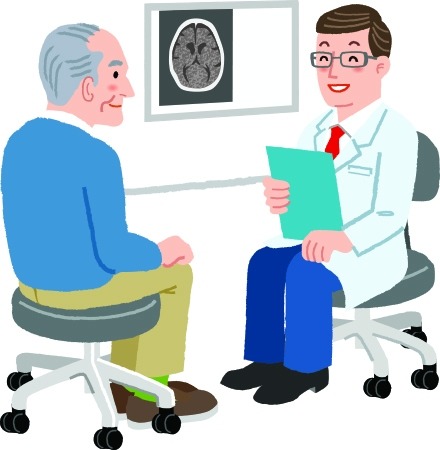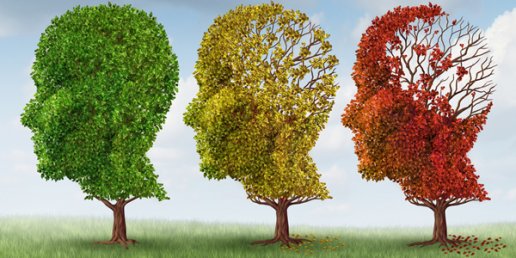Posts Tagged ‘JAMA’
Study: High Cognitive Reserve (CR) seen to significantly lower dementia risk even in the presence of high Alzheimer’s Disease (AD) neuropathology
Lifespan Cognitive Reserve—A Secret to Coping With Neurodegenerative Pathology (JAMA Neurology editorial): Given the limited success of therapeutic interventions for Alzheimer disease, there is increased interest in understanding whether modifiable factors can help cope with or postpone the appearance of brain pathology. It is estimated that about 35% of Alzheimer risk is modifiable. Epidemiologic studies…
Read MoreTo screen, or not to screen (for dementia), that is still the question
A leading group of medical experts on Tuesday declined to endorse cognitive screening for older adults, fueling a debate that has simmered for years. The U.S. Preventive Services Task Force said it could neither recommend nor oppose cognitive screening, citing insufficient scientific evidence of the practice’s benefits and harms and calling for further studies. The task…
Read MoreNew studies reinforce Education and Cognitive Reserve –instead of drugs targeting beta amyloid– as most promising avenue to prolong cognitive health and reduce dementia risk
Dementia Risk Declines, And Education May Be One Reason Why (NPR): “Some encouraging news in the battle against Alzheimer’s disease and other forms of dementia: The rate at which older Americans are getting these conditions is declining. That’s according to
Read MoreStudy points to growing cognitive gap between high-volume TV watchers and infrequent watchers
Too Much TV And Chill Could Reduce Brain Power Over Time (NPR): “Researchers at the University of California, San Francisco checked in with 3,247 people for 25 years, starting when they were young adults…People who got little exercise or watched at least three hours of TV a day did worse
Read MoreStudy: To improve memory and thinking skills, try the Mediterranean diet with added olive oil and nuts
. Mediterranean diet may help counteract age-related declines in memory and thinking skills (Harvard Health Blog): “A new study in this week’s JAMA Internal Medicine suggests that eating a Mediterranean-style diet enhanced with extra-virgin olive oil or nuts is good for your mind as well as your heart.
Read MoreStudy: Cognitive Markers or Biomarkers to manage Cognitive Health across the Lifespan?
Predicting Alzheimer’s Disease More Accurate Through Cognitive Changes Than Biomarkers (Medical News): “Measuring people’s changes in cognitive abilities is a better predictor of Alzheimer’s disease than changes in biomarkers, researchers from the Benito Menni Complex Assistencial en Salut Mental, Barcelona, Spain, reported in Archives of General Psychiatry, a JAMA journal.” “The investigators used a range of…
Read More





